Mo // it/its ♠️ // knife gang // hates Freud on main // applied literary studies ma // German, English, 한국어 공부하기 // original posts tagged "sunny side up" or "mo talks"; general travel shenanigans: "journey mo"; korea tag: "travel mo" // main: thefebruaryfriday
Don't wanna be here? Send us removal request.
Text
There's an EU initiative going on right now that essentially boils down to wanting to force videogame publishers with paid games and/or games with paid elements such as DLC, expansions and microtransactions to leave said games in a playable state after they end support, or in simpler terms, make them stop killing games.
A "playable state" would be something like an offline mode for previously always online titles, or the ability for people to host their own servers where reasonably possible just to name some examples.
I don't think I need to tell anyone that having something you paid for being taken from you is bad, which is a thing that routinely happens with live service and other always online games with a notable recent example being The Crew which is now permanently unplayable.
Any EU citizen is eligible to sign the initiative, but only once and if you mess up that's it. You can find it here. (https://citizens-initiative.europa.eu/initiatives/details/2024/000007_en)
Even if you're not European or you signed it already, you can share this initiative with anyone who is, even if they don't care about videogames specifically because this needs a million signatures and there is different thresholds that need to be met for each EU country for their votes to even count and could also be a precedent for other similar practices like when Sony removed a bunch of Discovery TV content people paid for.
109K notes
·
View notes
Text
10.04.25, thursday
50min of studying for software testing course
3.5h of job search things (sent in 2 applications)
4h of studying astronomy & doing the assignment (pretty much done; just some "explain these terms" parts left, but those are quick)
went to the stores for some pen ink and toothpaste (plus basic groceries) . truly a riveting haul
read Tokyo Vice
phone screen time: 1.5h
41 notes
·
View notes
Text

🌻 I Hope We Choose Love: A Trans Girl’s Notes from the End of the World by Kai Cheng Thom
Rating: 🌟🌟🌟🌟/5
“My dear trans kindred- weird sisters, brothers grim and gay, siblings-in-arms: What kind of world do you want to live in?”
In a heartbreaking yet hopeful collection of personal essays and prose poems, blending the confessional, political, and literary, acclaimed poet and essayist Kai Cheng Thom dives deep into the questions that haunt social movements today.
Kai Cheng Thin writes with eloquence, honesty, and familiarity on the topics of queerness, gender, culture, social movements, and how we treat each other. I loved reading their personal experiences and thinking deeply on topics like vengeance, queer elders, and how to create a welcoming, inclusive community instead of a toxic one. She often asks: “What kind of world do you want to live in?” And it’s something worth thinking about.
26 notes
·
View notes
Text

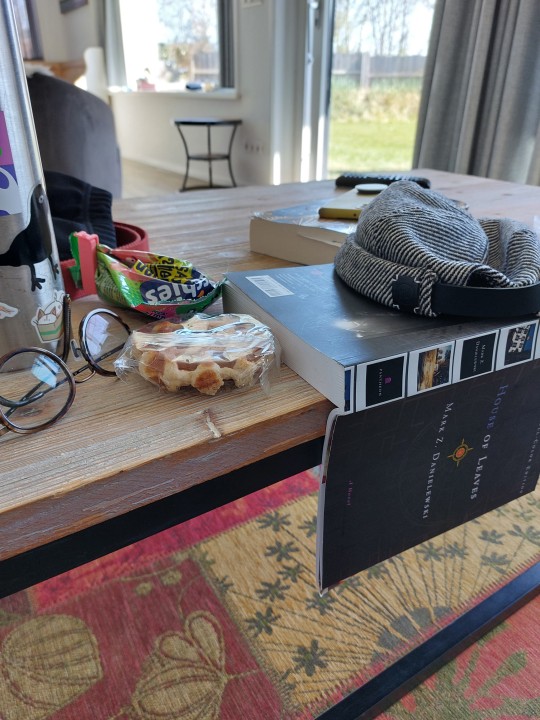
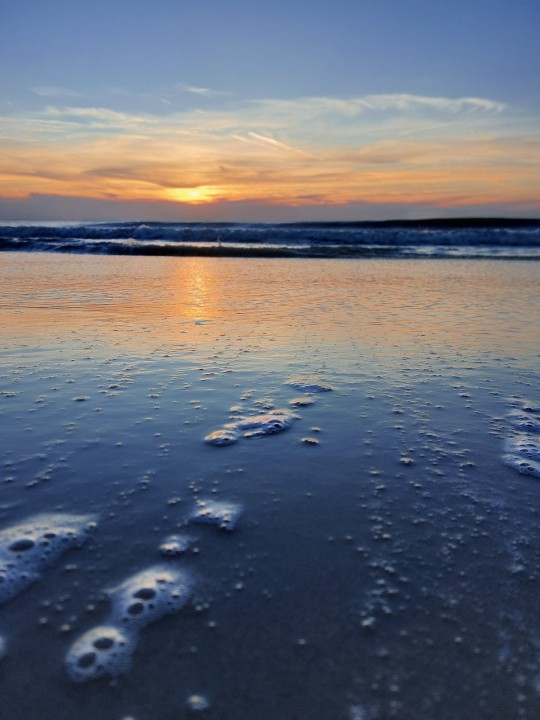
12.04 // It's finally vlacation time! I want to read House of Leaves, see a friend, do lots of bike tours and just become a human again.
8 notes
·
View notes
Text
[welcome to the drafts: 2024]
@oneardentstudybuddy tagged me, thank youuuu!
Rules: List five topics you can talk on for an hour without preparing any material, then tag five people.
and then I never made that list.... here I go!
1. The Locked Tomb: for obvious reasons that may be less obvious on this blog (throwback to "mo, I love your podcasts but pls dont worry about getting an adhd diagnosis")
2. moths: probably at this point, I'm working up to it!
3. The Great Gatsby/The Chosen and the Beautiful: I wrote my BA thesis on a book I thought was okay only to find out its fucking amazing and now I tear up when I talk about it lmao
4. Burning Crown by Marie Niehoff: It's a German Fourth Wing romantasy wannabe that sucked ass So Incredibly Badly WOW it inspired my to write an actual review about how much I thought it was an insult to the themes it tried to employ dhfhf
5. Why BTS Leaving Hybe is the Best Thing That Could Happen to Kpop Right Now: PowerPoint Presentation Locked and Loaded. As much as I used to enjoy the music, I'm growing increasingly frustrated with a continued watering down of the genre and artisty.
at this point: feel free to pretend I tagged you!
0 notes
Text


04.03.2025 — 저의 첫날. 오늘 강의와 숙제가 있어요.
23 notes
·
View notes
Photo




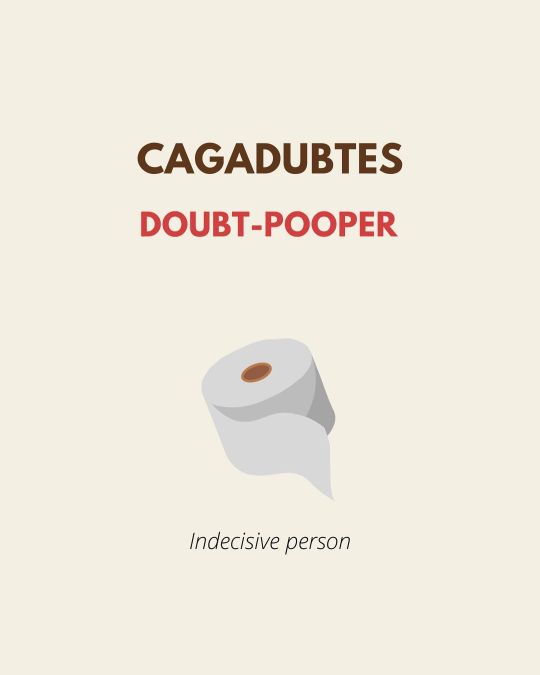
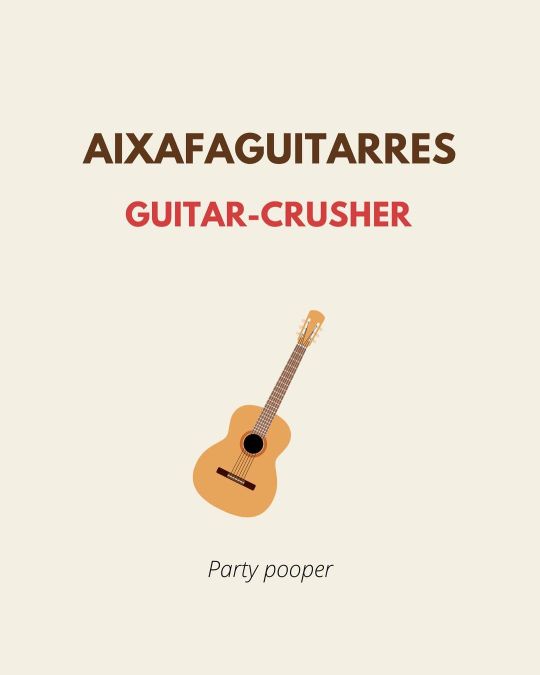
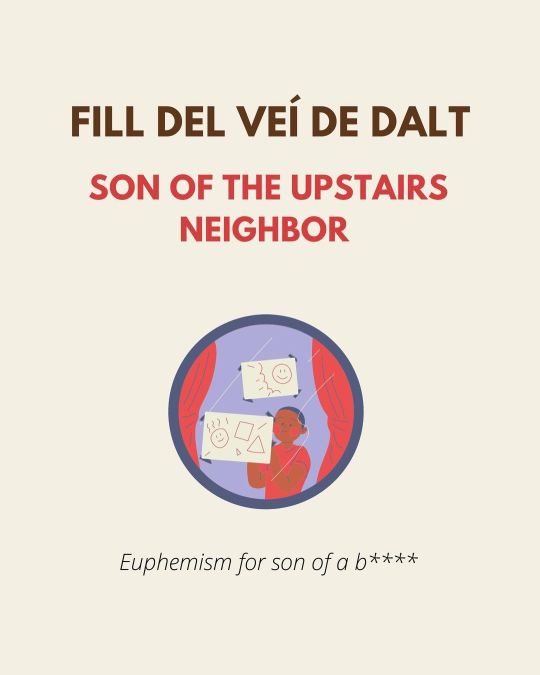

Some weird insults in the Catalan language, from the Instagram account dailycatalan.
731 notes
·
View notes
Text
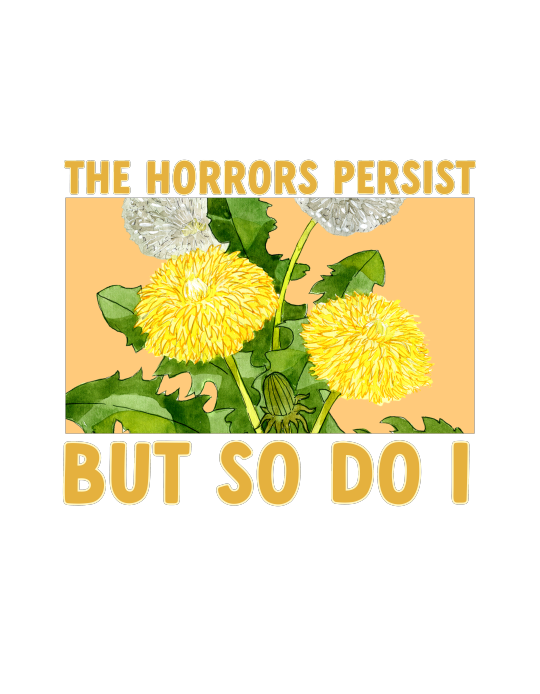
I love dandelions as a symbol of resilience. You're going to get through this 🌻💝
available on redbubble
1K notes
·
View notes
Text
@lady-wimsey i need to hear your reasoning on this
This is a very silly poll that's been bopping around in my head since I started making these, but I could never settle on the options. But I don't feel like working right now, so here goes (yes this is biased heavily towards detectives from media I follow, apologies but hey it's my blog xD) -
Now, you can just go ahead and choose your favorite of these sleuths, OR you may have some other criteria for who you'd want hired for the case. The fun part will be hearing the whys!
Please reblog/share to see as big a sample size and as many fun answers as possible. :)
315 notes
·
View notes
Text



09.04 // true friendship is exchanging e-mail help at 10pm against "unloading the laundry rack"-services. without @ben-learns-smth i would simply die or not have a job lmao
I went to my dance class despite almost falling asleep in the train there but it was worth it! My hot take on the topic of 9-5 work schedules is thag they should die and meetings without breaks should be penalized. Also, things should generally be less far apart or have better public transport connections that even someone with an overtired stress overdrive adhd brain can understand.
win of the day: one of my colleagues asked for book recommendations and now both of them are going to read the Locked Tomb books????
16 notes
·
View notes
Text

Listening to “Take Me To Church” while reading “Angels Before Man” is a whole new experience.

22 notes
·
View notes
Text
Grote's Bertholdia Moth: when this moth detects a predatory bat nearby, it emits a barrage of ultrasonic signals that "jam" the bat's echolocation system, allowing the moth to remain hidden

Several different moths are known to produce their own ultrasonic "clicks" or "chirps" as a defense mechanism against bats, but Grote's Bertholdia moth (Bertholdia trigona) can emit these signals at a staggering speed of up to 4,500 "clicks" per second, which is much faster than any other species.
When the moth detects the acoustic signals that bats use to navigate and hunt, it responds by blanketing the surrounding environment with a barrage of ultrasonic "clicks," effectively cloaking itself from sonar detection.

As this article explains, adaptations involving ultrasonic signals have played a major role in the evolutionary arms race between moths and bats:
Like other nocturnal insects, moths need to contend with bats. Unlike grasshoppers or beetles, they have soft bodies without spines or hard cuticles to protect them. Yet bats’ reliance on echolocation has given moths a way to avoid ending up as food: by tapping into their predators’ acoustic signals. Many have evolved ears that can hear the calls of bats. Some moths make ultrasonic squeaks, chirps, or clicks to warn their predators (honestly or not) that they are poisonous. Others generate near-constant, ultrasonic buzzes capable of jamming bat sonar.

Sources & More Info:
Smithsonian: How One Moth Species Can Jam Bats' Sonar Systems
Knowable Magazine: Prey Tell: How Moths Elude Bats
Journal of Experimental Biology: How Do Tiger Moths Jam Bat Sonar?
The Scientist: Many Moths Speak Up to Ward Off Bats
Science: Moths Block Bats' Sonar
The Telegraph: Tiger Moth Wards Off Hungry Bats with Ultrasound
PubMed: High Duty Cycle Moth Sounds Jam Bat Echolocation
Journal of Theoretical Biology: Neural Representation of Bat Predation Risk and Evasive Flight in Moths
73 notes
·
View notes
Text



08.04 // The biggest no-problem-problem when working with publishers is all the books they almost force on you. The top two are legitimately reference material while the bottom two are for fun.
this week we have:
househusband tasks
house cleaning
deep clean litter boxes
tidying up room
laundry
suitcase
pre-vacation cleaning
windows task manager
training seminar 1
training seminar 2
blog entry
meeting 1
meeting 2
job interview (host)
finish my fucking economy notes
pswd basic structure
court jester tasks
bouldering w/ flatmate L
(hopefully) dance class
game changer w/ flatmate B
concert tickets
vlacation
finish Papyrus - Irene Vallejo (so I don't have to take it on vacation)
help there's not enough hours in a day to do what i need to do and also be consumed by dread and executive dysfunction
8 notes
·
View notes
Text


12/50 dop | anti-depression tasks? check!
the vibes were super cosy and slow yesterday after last weeks daily events and shenanigans. I had lots of fun but definitely overdid it and needed some more recovery time yesterday
last week included: important paperwork for my job(s), choir practice, attending a concert w/ flatmate L, flatmates shenanigans #1 (theatre reading of my current reread) & flatmates shenanigans #2 (an outing to the park; M chilling, L & I going for a run)
things I did today:
flat chores
grocery shopping (+ past-vacation / first week of new job prep)
send of important letters and some snail mail for friends
went for a run in the afternoon sunshine
currently on the way to: the volunteer information evening of the local queer museum (volunteering is on my 2025 bingo!)
vibing to: plug in - bastille
currently re-reading: paradiesische zustände- henri maximilian jakobs
13 notes
·
View notes
Text


4 +5 /50dop | anti-depression tasks? check!
sat on a swing and had feelings about it :') reading and chai in the sunshine was also a good combo!
things I did (yesterday & today):
tidied my room
painted signs with a friend
attended a rally for trans day of visibility
grocery shopping
tried a new recipe (delicious!)
flat & cat chores (emptying the dishwasher, feeding the boys etc)
went for a walk and some reading in the park
jumped off a swing (5 times!)
things I'll do after dinner:
put my phone far away (flatmate's room lol)
read !!
26 notes
·
View notes
Text
tell me my prof didn’t upload the reading by photocopying his kindle reader page by page
92K notes
·
View notes
Text


April 1st, 2025
I'm feeling inspired and I had a productive day even though I was so tired in the morning that I had to go back to bed for another hour. Went on a walk, got some work done, cooked, had a little netflix break and then also did some cleaning. Soon it's time for dinner and then some more work. Life feels good.
87 notes
·
View notes